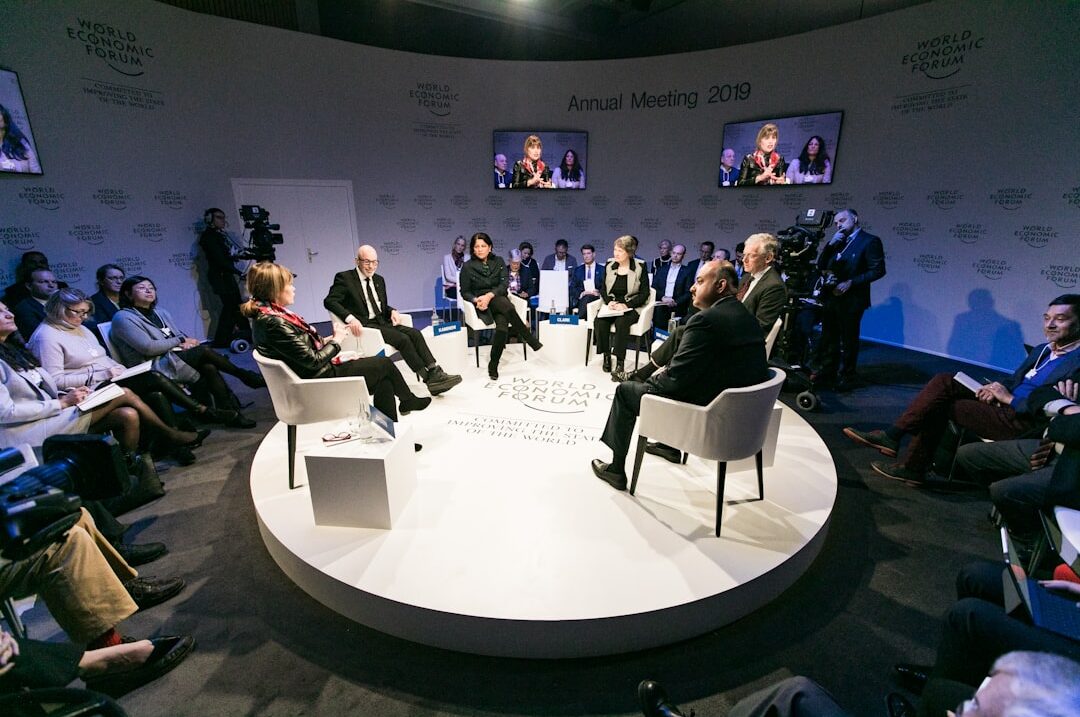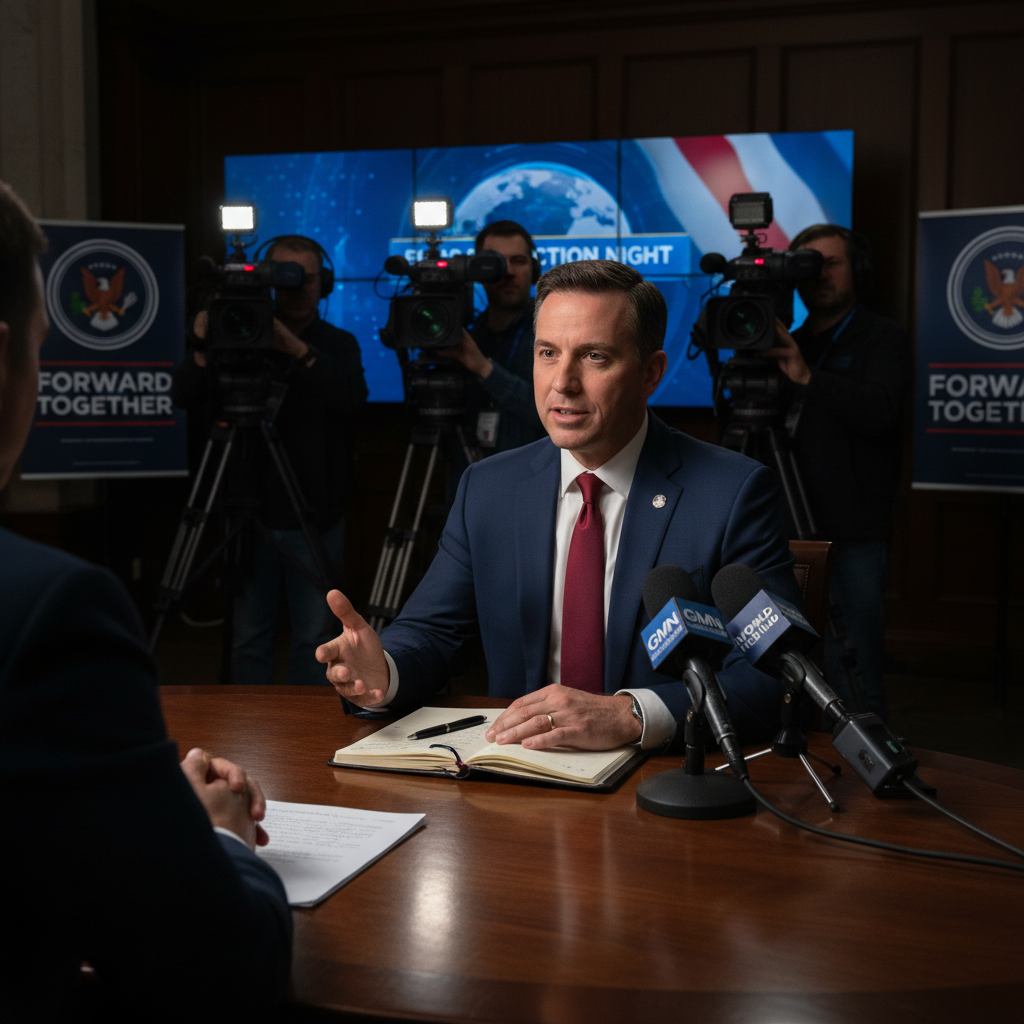Political Communicator Interview Questions & Answers (2025): Proven Tips & Mock Practice


🎙️ Prepare for Your Political Communicator Interview with Huru.ai
Nail your next political communicator interview! Practice unlimited mock interviews on Huru.ai and receive instant AI feedback on your answers, delivery, and communication skill. Start for FREE today!
1. The Political Communicator’s Arena: What’s at Stake?
A political communicator is more than just a spokesperson—they are the architects of public perception and political narrative. Interviewers expect you to understand the stakes: your words can shift public opinion, impact policy, and manage crises. Political communicator interviews assess your readiness to handle high-pressure situations, stay fact-driven, and maintain composure—even when grilled by hostile media or skeptical stakeholders.
- Key Skill: Translating complex policy into compelling, accessible messages
- Environment: Fast-paced, unpredictable, and highly scrutinized by both the public and political opponents
- Expectation: Strategic thinking, diplomatic agility, and sharp crisis management
Before you walk into your interview, ask yourself: Can you articulate your candidate’s values and policies with clarity, conviction, and empathy?

2. Top Political Communicator Interview Questions (and How to Tackle Them)
Interviewers want to see more than textbook answers—they want nuanced, analytical thinking and proof you can thrive in the political spotlight. Here are common (and tough!) questions you’re likely to face, plus actionable advice for each:
| Question | What They’re Assessing | Pro Tip |
|---|---|---|
| Can you describe a time you managed a communications crisis? | Crisis management, composure, message discipline | Use the STAR method; highlight your role, not just the team’s |
| How do you keep up with rapidly evolving political events? | Research skills, political awareness, adaptability | Reference specific resources (news briefings, think tanks, data tools) |
| Give an example of tailoring a message for different audiences. | Audience analysis, communication flexibility | Show how you adjust tone, channel, and framing |
| What’s your approach to handling hostile media questions? | Calm under pressure, message control, bridging techniques | Demonstrate “bridging” (e.g., “What’s important here is…”) and pivot with facts |
| How do you ensure your messaging stays fact-based and ethical? | Integrity, research, bias awareness | Mention fact-checking routines and ethical guidelines |
| Describe your experience with digital and social media campaigns. | Digital fluency, creativity, strategic communication | Share data or engagement metrics to quantify impact |
3. Decoding the Political Landscape: Your Research Roadmap
Knowledge is your shield and sword. Political interviewer panels expect candidates to demonstrate a robust, up-to-date understanding of:
- Major political parties and their current platforms
- Key issues defining the present cycle (e.g., climate change, healthcare, economic policy)
- Recent policy announcements and their implications
- Notable politicians and thought leaders’ latest stances
- International developments that impact domestic policy
Prioritize reputable news outlets, follow expert analysts, and regularly check government and think tank reports. Interviewers will test your ability to connect policy trends with communication strategy.
💡 Key Takeaway
Be ready to cite current events and explain how your messaging would adapt to evolving political realities. Context is everything!
4. Mastering the Art of Political Messaging—Practical Exercises
To truly stand out, you must demonstrate not just knowledge, but practical ability. Here are targeted exercises that will sharpen your interview performance:
- Mock Interviews: Record yourself answering tough questions. Use Huru.ai’s AI-driven feedback to assess tone, clarity, and presence.
- Role Plays: Swap roles with a peer—one as interviewer, one as candidate. Simulate live media questioning to build resilience and polish.
- Written Briefs: Draft press releases or policy statements under time constraints; review for clarity and impact.
- Elevator Pitch: Summarize a complex issue or candidate platform in 60 seconds for a non-expert audience.
5. Current Affairs: How to Make Headlines Work for You
Every political communicator must be a news junkie. Here’s how to turn current headlines into interview gold:
- Relate your answers to the latest developments—demonstrate you’re engaged and informed
- Showcase your ability to adapt messaging to new controversies or crises
- Reference recent policy shifts to illustrate your up-to-date knowledge
- Anticipate follow-up questions by analyzing the political impact of breaking news
💡 Key Takeaway
Bringing current events into your answers sets you apart. Stay proactive, not reactive!
6. The Ultimate Edge: AI-Driven Interview Preparation
Top political communicators use every advantage available. AI-powered platforms like Huru.ai are revolutionizing interview preparation. Here’s how Huru.ai’s tools give you an unbeatable edge:
- Instant, Actionable Feedback: Receive immediate insights on your language, delivery, and body language
- Unlimited Practice: Run through as many interviews as you need—no judgment, just progress
- Customizable Scenarios: Practice with the very questions outlined above, tailored to your political goals
- Data-Backed Progress Tracking: Visualize your improvement session by session
Don’t just hope you’ll perform—prove it to yourself with AI-guided mock interviews. Start free today!
Curious how other career paths compare? Read our guides on Dietitian Interview Questions, Civil Engineer Interview Questions, From Campus to Career, Insurance Agent Interview Questions, and Art Director Interview Questions.
7. Must-See: Real Insights from Political Communication Experts (Video)
💡 Key Takeaway
Preparation is your superpower. Leverage data, practice with purpose, and show interviewers you’re ready to make an impact!
About the Author
Elias Oconnor is a dedicated content writer at Huru.ai, specializing in career development and interview mastery. With a passion for empowering job seekers, Elias blends industry research and actionable advice to help candidates win in high-stakes interviews.


 Aug 25,2024
Aug 25,2024  By Elias Oconnor
By Elias Oconnor